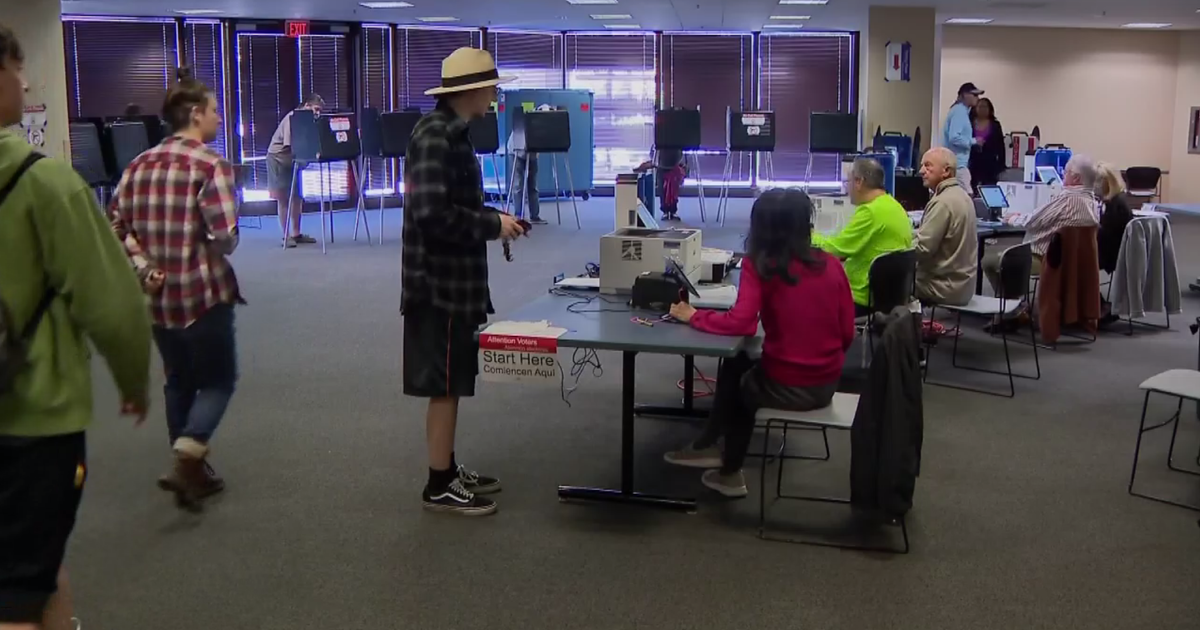Senator Challenges Apple, Google On Smartphone App Privacy
WASHINGTON (CBS / AP) -- A key member of the Senate Judiciary Committee is challenging Apple Inc. and Google Inc. to require all developers that make apps for their mobile devices to adopt formal privacy policies.
Sen. Al Franken, D-Minn., sent letters to the two companies Wednesday asking that all apps for the iPhone, iPad and devices running Google's Android software provide "clear and understandable privacy policies." Such policies would tell users what personal information the app collects and how that information is used and potentially shared. Right now, it's up to individual developers whether to spell that out.
KCBS' Matt Bigler Reports:
Franken said that given the popularity of their mobile devices, Apple and Google are in "a unique position to influence the market for apps and protect users' privacy within that market."
Franken sent his letters two weeks after he held a hearing to grill executives from Apple and Google about the extent to which iPhones and Android devices track the location of their users and store detailed histories of their movements. At the hearing, Franken asked the companies to require apps to provide privacy policies, but he did not get a clear commitment from either one.
Guy "Bud" Tribble, Apple's vice president of software technology, said then that privacy policies alone are not enough and that privacy needs to be baked into products with tools such as clear on-screen disclosures that notify users how their personal data is collected. Both Apple and Google do use such disclosures to alert users and obtain consent when they are downloading an app that accesses location information, for instance.
But Franken wants more detailed privacy policies.
Apple said Wednesday that it had no further comment.
Google did not immediately respond to a request for comment Wednesday.
Franken held his hearing following Apple's admission that iPhones were storing the locations of nearby cellphone towers and Wi-Fi hot spots for up to a year. That data can be used to create a rough map of the device owner's movements. Apple also revealed that a software bug caused iPhones to continue to send anonymous location data to the company's servers even when location services on the device were turned off.
Google, too, acknowledged that phones running Android store some GPS location data for a short time.
In his letters Wednesday, Franken said that while all apps need to do a better job of disclosing how they collect and share personal data, that is particularly true for programs that gather information about a user's location.
(Copyright 2011 by CBS San Francisco. All Rights Reserved. This material may not be published, broadcast, rewritten, or redistributed. Wire services may have contributed to this report.)







